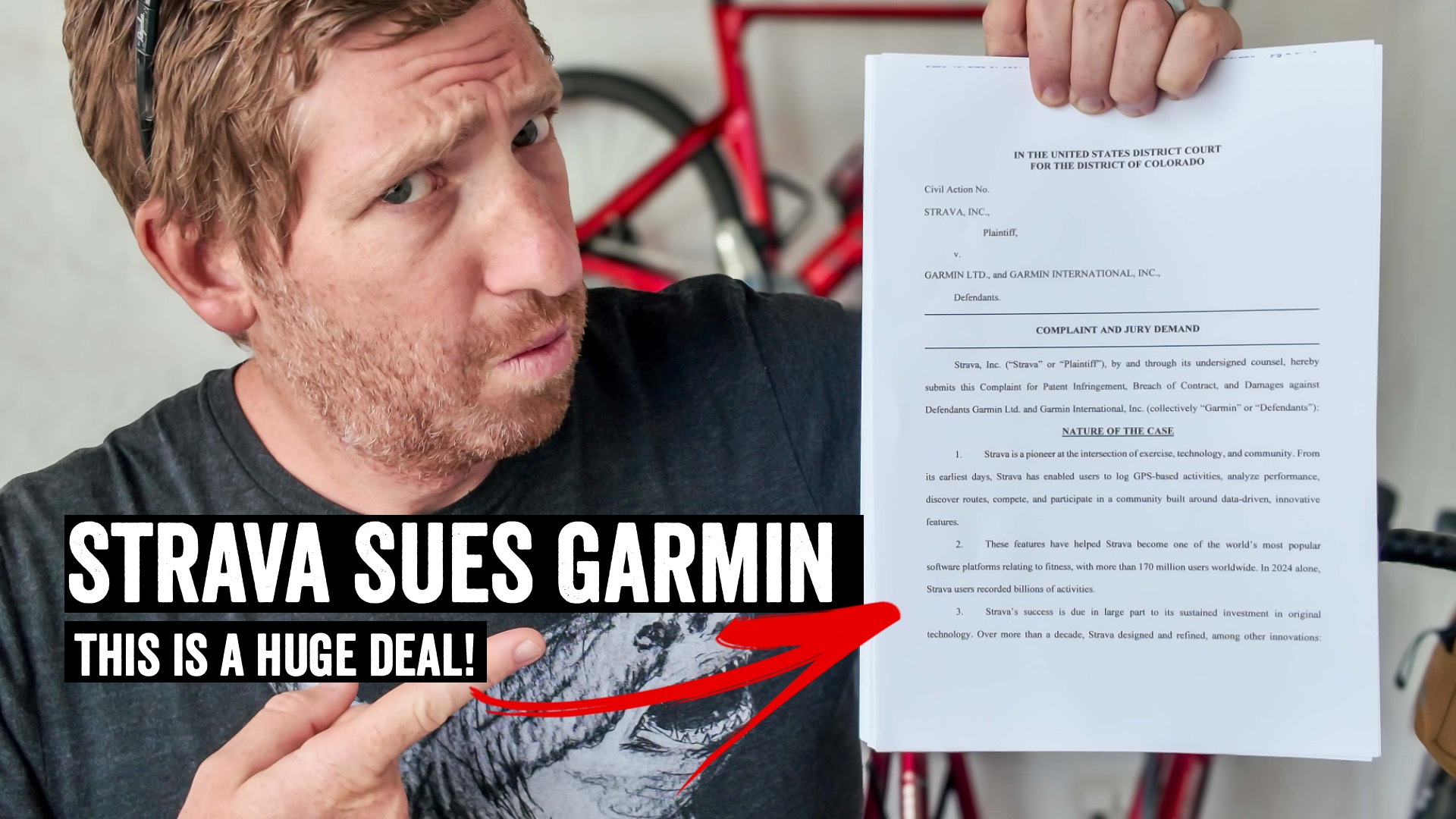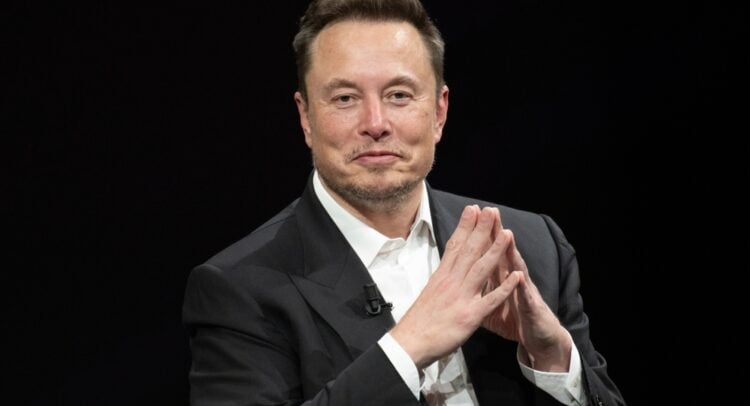Tesla is being sued by the parents of a teenager killed in a crash involving one of its Cybertruck pickups last fall. The incident involved four passengers who were in the vehicle when it hit a tree and caught on fire in a quiet Bay Area town in California, according to court documents.
Only one of the crash victims survived.
The suit, filed Thursday in Alameda county superior court, is being brought by the family of Krysta Tsukahara, a 19-year-old college student who was visiting her family over Thanksgiving weekend in Piedmont, California, when the crash occurred. The incident happened on the night of 27 November 2024, when the Cybertruck was traveling at high speed, struck a tree and ignited, according to a California highway patrol report. When power to the truck’s electric doors was shut down by the fire, the four passengers were locked inside with no way out.
The lawsuit alleges the design of the Cybertruck’s door handles is at fault for Tsukahara’s death. From the inside of the truck, when electricity is cut off, the only way to exit a rear door is by pulling a cable that’s underneath a pocket liner under the door’s storage compartment, according to a report by Bloomberg. From outside the vehicle, the doors also remain locked and the flush handles make it difficult for rescue workers to jimmy their way inside.
Tesla did not return request for comment.
“The design of this vehicle failed Krysta,” said Roger Dreyer, the attorney representing the Tsukahara family. “There was no functioning, accessible manual override or emergency release for her to escape.”
Tesla’s door handles are a flagship design for the vehicles and a point of pride for company CEO, Elon Musk. Teslas were the first make of car to be customized with such electric handles and are built to be flush with the body of the car to give the vehicles a more sleek and streamlined look. But the design has invited scrutiny from car-safety experts and currently is under investigation by the National Highway Traffic Safety Administration.
“Tesla had repeated and direct notice that its reliance on electronic door systems created a serious risk of entrapment,” reads the suit. “Owners, bystanders, and first responders documented instances where Tesla occupants survived crash forces but could not escape when electrical power failed and fire ensued.”
The Cybertruck has received high safety ratings in crash tests, but the vehicle has also received eight recalls since it first debuted less than two years ago. Tesla has been embroiled in other lawsuits over vehicle safety, including one in Florida where a jury ruled in August that Tesla must pay $243m in damages over its driver assistance system, known as Autopilot.
Tsukahara’s family is also suing the estate of the driver, Soren Dixon, who at the time of the incident was under the influence of alcohol, cocaine and amphetamines, according to a coroner’s report from Alameda county. Dixon also died in the crash.
On the night of the accident, a friend was following the Cybertruck in another vehicle and saw what happened, according to various news reports. He rushed to try to save his friends, breaking a window on the Cybertruck. He was able to save one passenger, but when he attempted to rescue Tsukahara she wasn’t able to make it through the fire.
The lawsuit filed on Thursday alleges that Tsukahara didn’t suffer physical trauma from the Cybertruck’s collision with the tree, but rather she died of smoke inhalation and burns because she wasn’t able to escape the vehicle.
“Her death was preventable,” Tsukahara’s parents, Carl and Noelle Tsukahara, said in a statement. “She was alive after the crash. She called out for help. And she couldn’t get out.”
Source link

